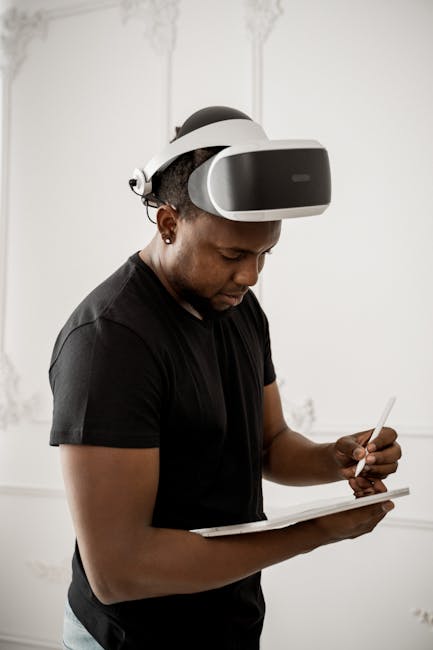AI vs Human: Who Writes Better Poetry?
As artificial intelligence continues to evolve, it has begun to venture into the creative realms traditionally dominated by human emotion and intuition—poetry being one of them. The age-old question of whether machines can match or even surpass human creativity is now more relevant than ever. But when it comes to poetry, a form of art deeply rooted in the intricacies of human experience, who truly excels: AI or humans? Let’s dive into this fascinating debate. 🤖❤️
The Essence of Poetry
Poetry is more than just words strung together. It is an expression of emotions, experiences, and perspectives, often capturing what is otherwise inexpressible. Poetry relies on metaphors, rhythm, and a deep understanding of language nuances. It is a medium through which poets can convey complex feelings and ideas succinctly and powerfully.
AI in the World of Poetry
AI-generated poetry is not a new concept. With advancements in natural language processing and machine learning, AI can now analyze vast amounts of text, understand patterns, and generate poetry that mimics human-like creativity. Tools like OpenAI’s GPT-3 have been trained on diverse datasets, enabling them to produce poetry that can often be indistinguishable from human-written pieces.
One of the major advantages of AI in poetry is its ability to quickly generate large volumes of text. It can explore countless themes and styles, providing an endless stream of creative output. Moreover, AI can collaborate with poets who may use it to overcome writer’s block or as a source of inspiration.
The Human Touch in Poetry
While AI can imitate human writing, it lacks the emotional depth and personal experiences that human poets bring to their work. Human poets draw from their own life stories, cultural backgrounds, and unique perspectives. This individuality often results in poetry that resonates on a deeper, more personal level with readers.
Humans have the innate ability to play with language, break grammatical rules, and use ambiguity to evoke emotions in ways that AI may not fully grasp. Human poets often write with an intention or message, something that is rooted in their personal journey or societal observations—a nuance that AI might miss.
Comparing AI and Human Poetry
So, how do AI and human poets compare when it comes to crafting poetry? The answer is not straightforward. Each has its strengths and weaknesses. AI can generate technically proficient poetry, with perfect rhyme schemes and consistent meter. However, it often lacks the emotional impact and unique voice that human poets provide.
On the other hand, human poetry is often celebrated for its imperfections and rawness. It captures the essence of what it means to be human, with all its complexities and contradictions. Human poets can infuse their work with profound meaning, drawing from their own emotions and experiences, which can make their poetry more relatable and impactful.
The Future of Poetry: Collaboration Over Competition
Instead of viewing AI and human poets as competitors, perhaps the future of poetry lies in collaboration. AI can be a tool for human poets, offering new ways to explore language and creativity. It can help poets experiment with different styles, overcome creative blocks, and even reach new audiences.
By embracing AI, poets can expand their creative horizons and push the boundaries of what poetry can be. This collaboration can lead to a richer, more diverse landscape for poetry, where both AI and human creativity thrive.
Conclusion: The Heart of Poetry
In the end, the debate over whether AI or humans write better poetry may miss the point. Poetry, at its core, is about connection—between the poet and the reader, and between people across time and space. While AI can generate poetry that is technically impressive, it is the human element—the heart and soul—that continues to captivate and inspire.
Perhaps the true beauty of poetry lies in its ability to evolve and adapt, allowing both AI and human poets to contribute their unique strengths. As we move forward, embracing this interplay between technology and humanity could lead to a new era of poetic expression, one where the lines between human and machine blur, but the essence of poetry remains timeless. 🌟

Leave a Reply